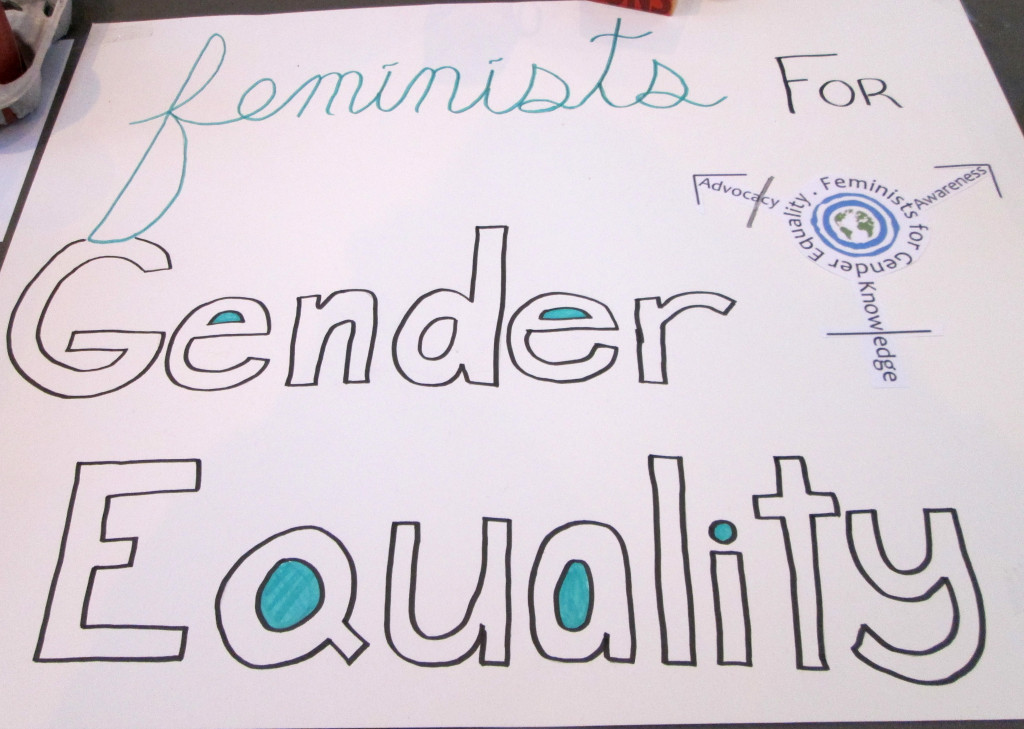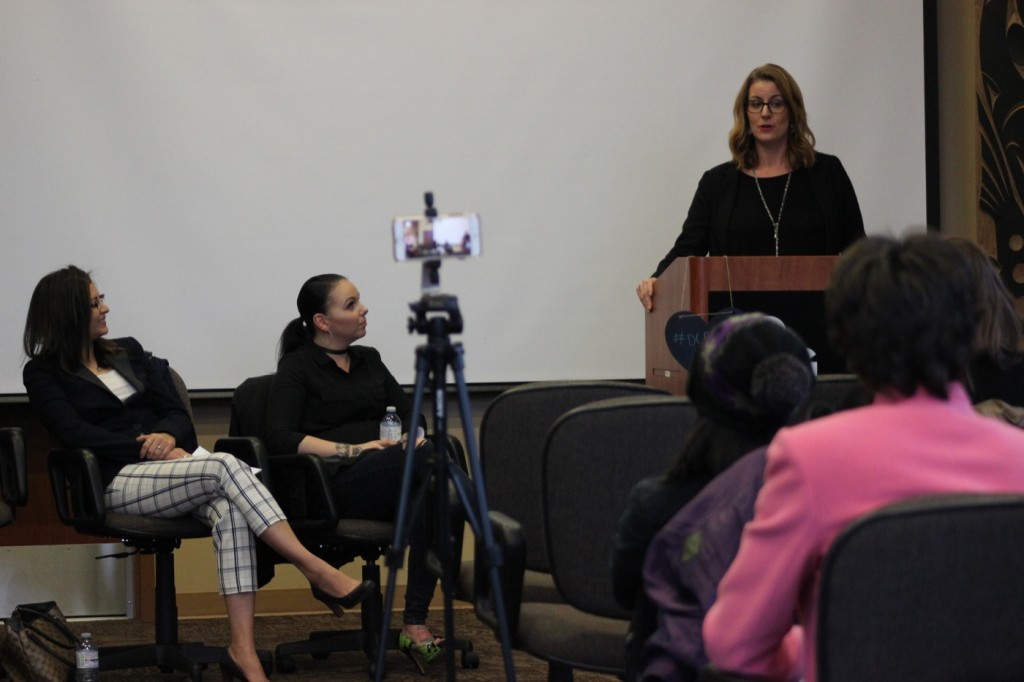
End-of-Life Doula program to be expanded
By Katie Czenczek, News Editor
The passing of loved ones can be terribly difficult to cope with. End-of-life doulas support families through this period with the hopes of making the process easier for them.
Following the successful launch of the End-of-Life Doula Certificate Program in 2017, Douglas College aims to expand this program further. Currently the five-day course runs multiple times a month across Canada, going as far north as Williams Lake.
An end-of-life doula—a term which originates from Ancient Greek and describes a “woman of service”—provides physical, emotional, and informational support for people whose lives are coming to an end. Unlike counsellors, they are not formally trained to give advice, but can assist people in dying on their own terms.
Training as a doula is not supposed to replace palliative care by any means. However, the role allows for nurses, social workers, massage and music therapists, and those working in care aide to be better prepared to help people.
Edith Kirkpatrick, Coordinator for Continuing Education and Health Sciences at Douglas College, said in an interview with the Other Press that for the most part, families have traditionally been providing this kind of support on their own.
“It’s the kind of work that’s historically been done informally with family members,” she said. “If you were the local person who is the person people first go to, it can be a very lonely experience. We’re starting to extend that, to start a conversation across the country and take the fear out of dying. Taking the mystery out of it, making it a less scary conversation to have because at the end of the day, we’re all going to go there.”
Despite families traditionally being the lead people in charge of providing this care, the Canadian Hospice Palliative Care Association (CHPCA) has found that seven out of 10 Canadians die in hospitals, with a large amount of Canadians passing in intensive care. This conflicts with what the majority of Canadians want for their loved ones—to have them pass away at home rather than in a hospital.
Kirkpatrick said that this program started out of a desire to empower people when it came to planning what they wanted for their death and funerals.
“The story that always strikes me is that Jennifer [Mallmes] told me once about somebody she was working with,” Kirkpatrick said. “In conversation about what did their person want, somehow the subject of her funeral came up and Jennifer asked her what she would like and the woman said, ‘I’m allowed to choose that?’ It’s that kind of empowerment.
“It gives them an opportunity to think through what it is that they’re interested in and what their desire is. I also think in context of the larger family, it can be helpful for the person who’s approaching the end of life to have somebody sitting with them saying that they’re allowed to say what they want, and you’re allowed to want what you want and let’s do that.”
Jennifer Mallmes, lead instructor of the End-of-Life Doula Program and director of the End-of-Life Doula Association of Canada, said in an interview with the Other Press that this program arose out of a specific need for this type of service. Government documentation found that health professionals did not have enough training to talk to their patients and their families about the dying process.
“What we’re responding to is that there was a gap between the actual theory and the actual things that they found and the actual practice that’s happening,” she said. “There are a few gaps, and we’re trying to bridge them. There’s a gap in, for example, doctors and educating them on how to have end-of-life conversations. I have a lot of nurses and social workers coming through the program. The biggest numbers are social workers and nurses because there’s no end-of-life care courses in either of those programs.”
This form of training is what Mallmes said she could have used alongside obtaining her nursing degree when she first started.
“That’s how I got into this work,” she said. “I was in nursing school, and on my first day, first practicum as a nursing student, I had a lady die in my arms and that just sent the whole ball rolling for me. I wanted to do better and wanted to do more for people who were dying alone in hospital beds. That was what started my journey in this.”
Back in 2017, the program was the first of its kind in BC. Since then, the program has expanded nationally, providing training all the way to the East Coast.
Mallmes also said that they are now looking to develop more workshops for those who want to continue their studies following the End-of-Life Doula Certificate Program, and/or for people who want to take workshops à la carte in areas like grief and bereavement training.
“Before this got crazier than we expected, it was definitely something we [were] planning to do,” she said, referring to expanding course offerings beyond the five-day program. “Diving into grief and bereavement workshops, or an advanced care-planning workshop.”



